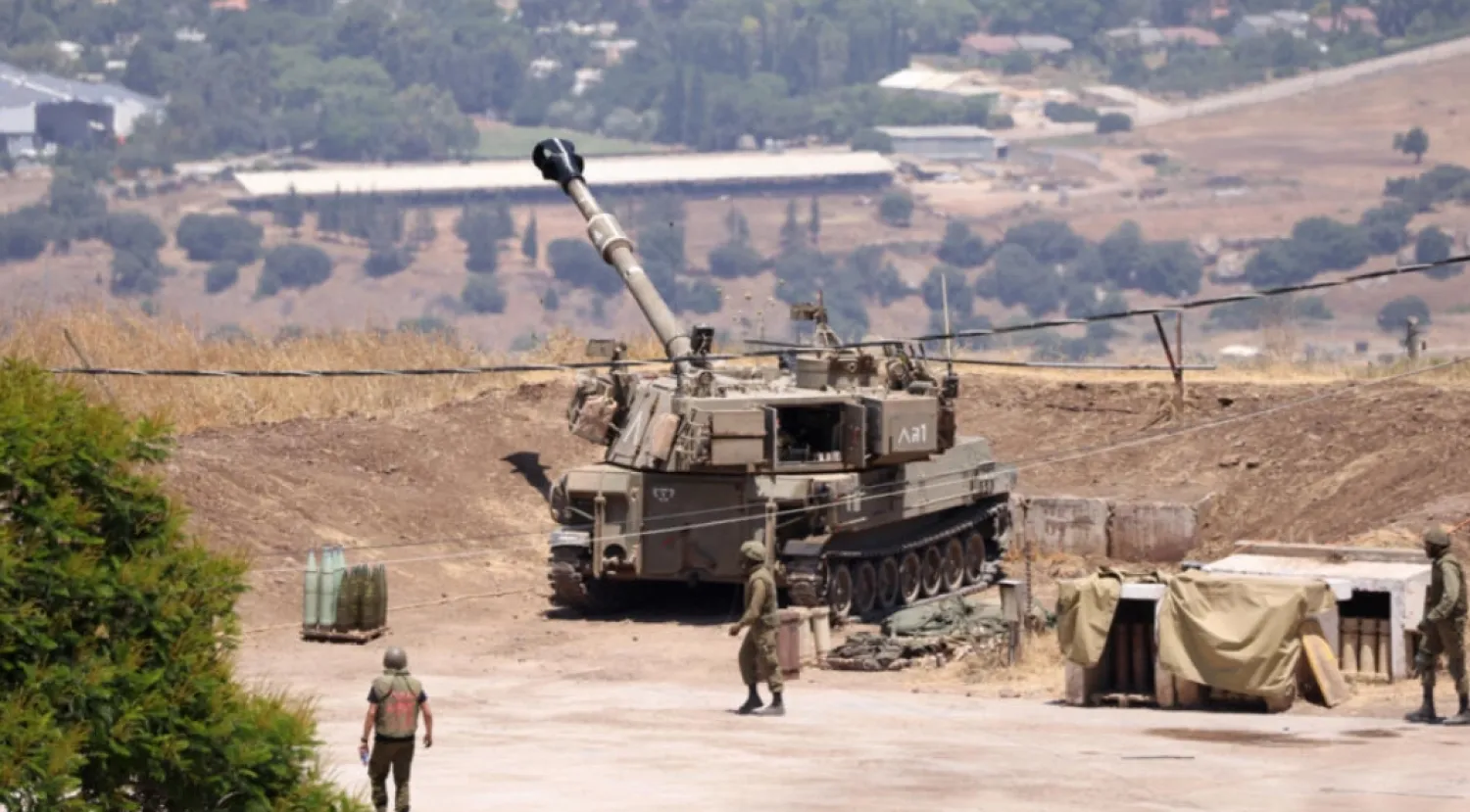Hezbollah forces on Friday resumed rocket and artillery attacks against Israel, ending the lull along the border following Israel's killing of the Lebanese group's military commander in Beirut.
Hezbollah said it had fired a surface-to-air missile at an Israeli warplane flying in Lebanese airspace overnight and forced it to turn back. Its forces also carried out two artillery attacks and two rocket strikes at military positions in northern Israel, it said, Reuters reported.
The Israeli military said in a statement it had successfully intercepted an aerial target coming from Lebanon into the Israeli-occupied Golan Heights.
Israeli airstrikes and artillery fire hit several villages in southern Lebanon on Friday, according to Lebanese state media, a day after an Israeli strike killed at least five Syrian migrant workers in southern Lebanon, according to medics.
The Israeli military also said it had hit two Hezbollah fighters in southern Lebanon.
Hezbollah leader Hassan Nasrallah said in an address on Thursday that he had ordered calm along the border following the Israeli airstrike in Beirut on Tuesday that killed military commander Fuad Shukr out of respect for the victims and to consider what the next steps should be.
The strike on the Hezbollah stronghold of Dahiyeh in Beirut's southern suburbs also killed an Iranian military adviser and five civilians.
Nasrallah said Hezbollah would retaliate but it would need to study what their response would be, and would otherwise resume its usual military operations against Israel.
Hezbollah and the Israeli military have been trading fire for nearly 10 months in parallel with the Gaza war, with exchanges mostly limited to the border area.
But strikes since last week have threatened to tip the conflict into a full-scale regional war.
Israel and the United States have accused Hezbollah of killing 12 youths in a July 27 rocket attack on the Israeli-occupied Golan Heights, a claim Hezbollah has denied.
The United Nations peacekeeping force in Lebanon, known as UNIFIL, told Reuters on Friday it had not investigated the incident as the Israeli-occupied Golan is outside its mandated area of operations.









